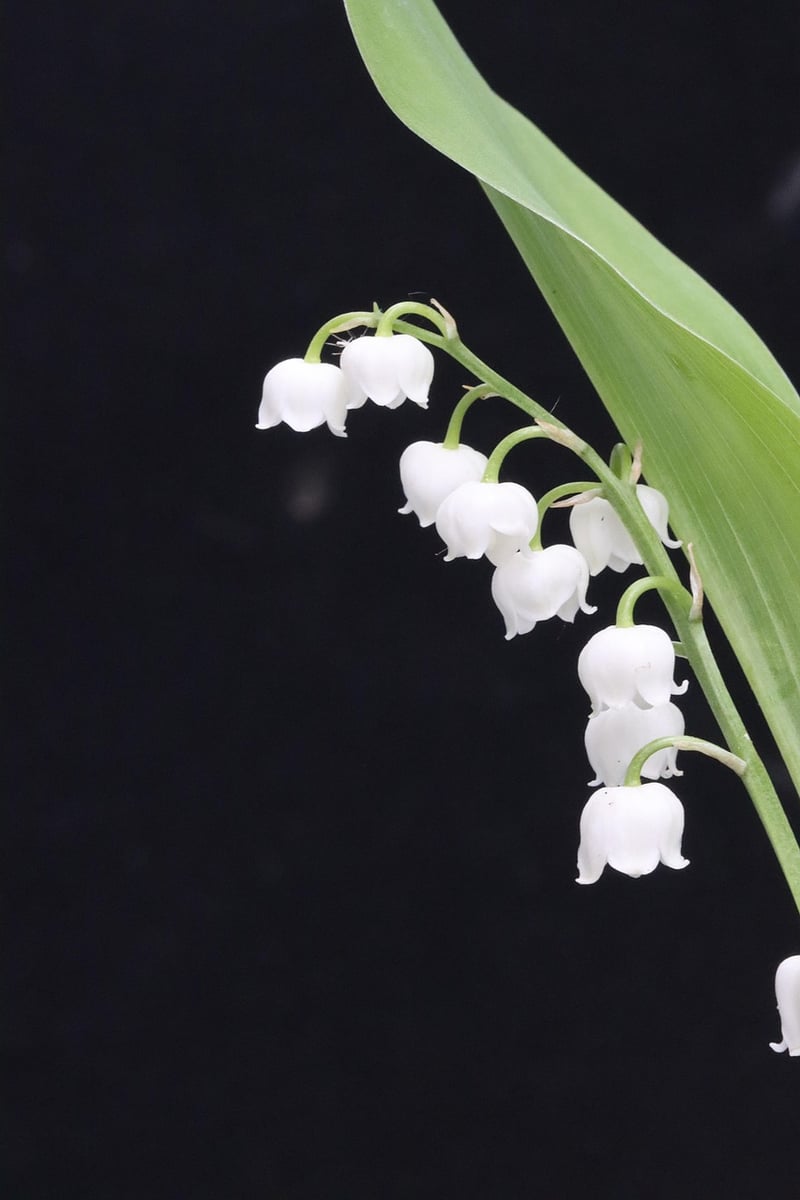Pest Control
Keeping Vertical Gardens Healthy and Thriving + Pest Control
Introduction
Vertical gardens are a fantastic way to add greenery to urban spaces and bring nature closer to home. However, maintaining the health and vitality of vertical gardens requires some attention and care. In this article, we will explore some tips to keep your vertical garden lush and thriving, as well as effective pest control strategies to protect your green oasis.
Tips for Maintaining a Healthy Vertical Garden
- Choose the Right Plants: Select plants that are well-suited for vertical growing conditions, such as succulents, ferns, and trailing vines.
- Proper Watering: Ensure your vertical garden receives adequate water, as plants in vertical gardens can dry out more quickly than traditional gardens.
- Regular Pruning: Trim and prune your plants regularly to promote growth and prevent overcrowding.
- Fertilize Appropriately: Use a balanced fertilizer to provide essential nutrients to your plants for healthy growth.
- Monitor Sunlight: Position your vertical garden where it receives the right amount of sunlight for the plants you have chosen.
- Inspect for Pests: Regularly check your plants for any signs of pest infestations to address them promptly.
Effective Pest Control for Vertical Gardens
Pests can pose a threat to the health of your vertical garden. Here are some natural pest control methods to keep your plants safe:
1. Neem Oil Spray:
Neem oil is a natural insecticide that can help control common garden pests like aphids, mites, and whiteflies. Dilute neem oil with water and spray it on affected plants.
2. Beneficial Insects:
Introduce beneficial insects like ladybugs and lacewings to your vertical garden. These insects feed on harmful pests and help keep their population in check.
3. Homemade Pest Repellents:
Create homemade pest repellents using ingredients like garlic, chili peppers, and soap. These natural repellents can deter pests from damaging your plants.
4. Diatomaceous Earth:
Diatomaceous earth is a non-toxic powder that can be sprinkled around plants to control pests like slugs, snails, and ants.
Conclusion
By following these tips for maintaining a healthy vertical garden and implementing effective pest control strategies, you can ensure that your green oasis thrives and remains pest-free. With proper care and attention, your vertical garden will continue to bring beauty and tranquility to your space.

References:
The Spruce - Vertical Gardening Tips
Gardener's Path - Organic Pest Control
